Your Cart
Your Cart is currently empty.
Heart disease describes a range of conditions that affect your heart.
Heart diseases include:
● Blood vessel disease, such as coronary artery disease (atherosclerosis)
● Heart attack
● Angina
● Hyperlipidemia
● Heart rhythm problems (arrhythmias)
● Heart defects you’re born with (congenital heart defects)
● Heart valve disease
● Disease of the heart muscle
● Heart infection Many forms of heart disease can be prevented or
treated with healthy lifestyle choices.

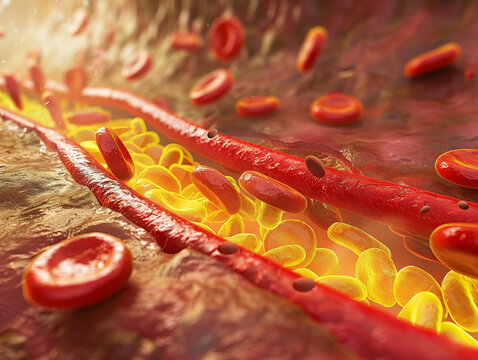
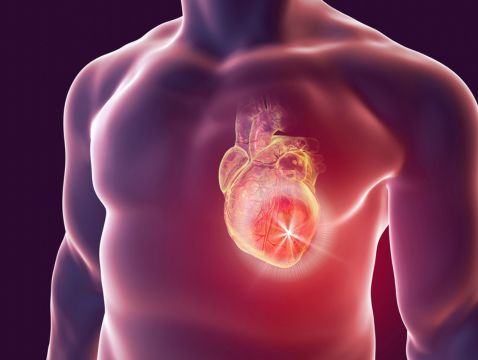

What is Atherosclerosis (Hardened Arteries)?
The narrowing of arteries caused by plaque accumulation is known as hardened arteries. The wall of the blood artery hardens when plaque builds up. This reduces blood flow by narrowing the passage within the artery. The supply of oxygen and other nutrients reaching your organs and other parts of your body is reduced.
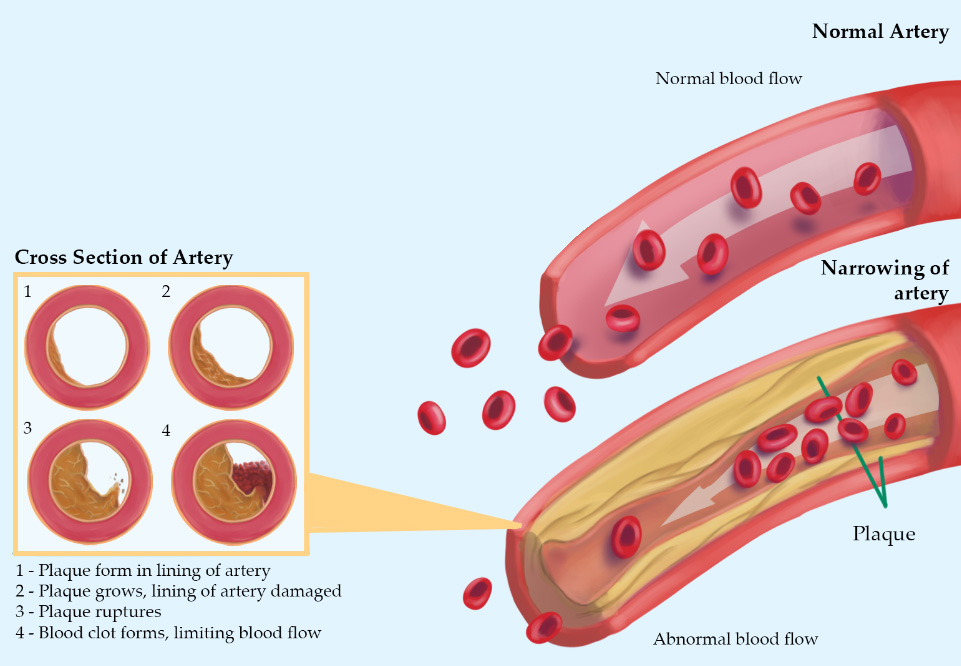
A heart attack is a life-threatening medical emergency that occurs when plaques or blood clots block blood flow to your heart, preventing it from receiving the oxygen it requires. A blockage produced by a heart attack can harm your heart. The longer the blockage is untreated, the more damage it causes to your heart. The impact of a blockage can be permanent if the blood flow is not restored quickly.
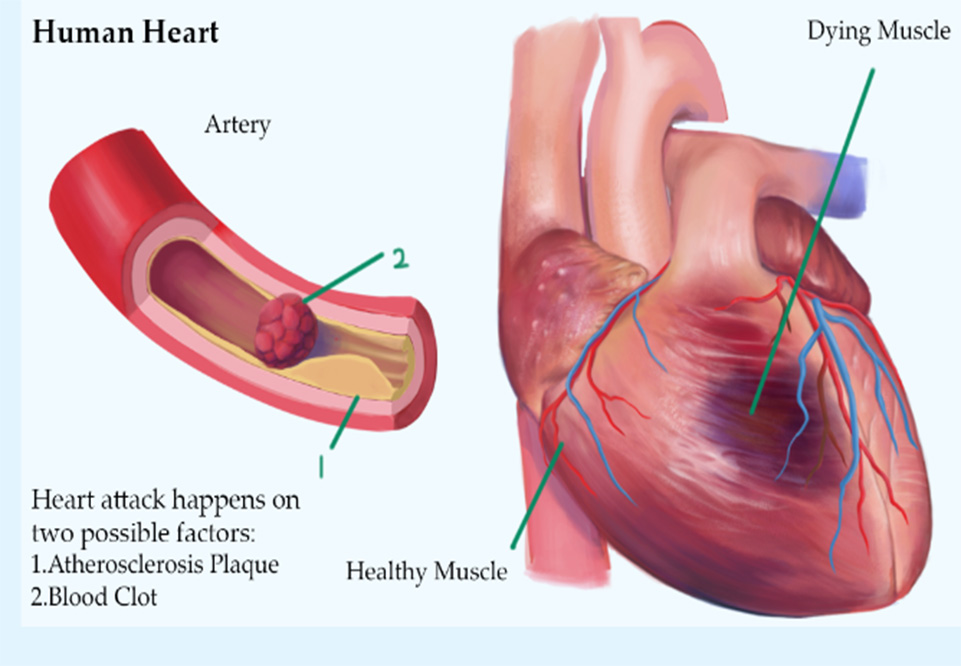
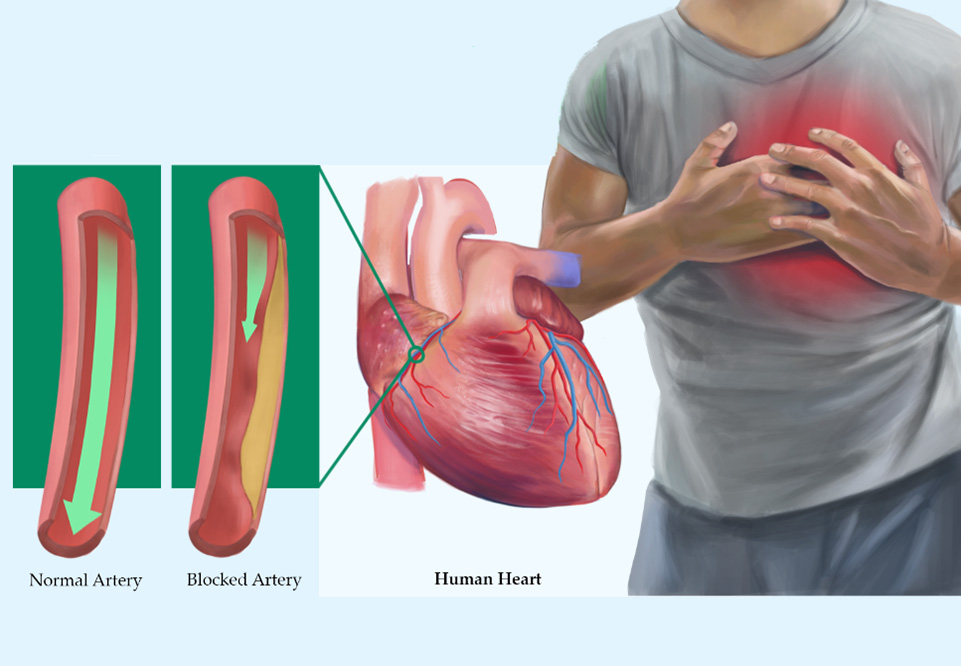
Angina is a type of chest pain or discomfort caused by a decreased blood flow to the heart muscle. To function properly, your heart muscle needs the oxygen carried by the blood. You may feel pressure or a squeezing ache in your chest if you have angina. Angina is a sign of heart disease that occurs when plaque blocks your arteries, preventing blood rich with oxygen from reaching your heart. Angina is not a life-threatening condition, but it can resemble the symptoms of a heart attack.
Phone number:
+91 6379926961
Location:
429A, V.V.C Layout, Pulliyakulam Road, Coimbatore – 641018.
Email:
support@namashivayah.com
